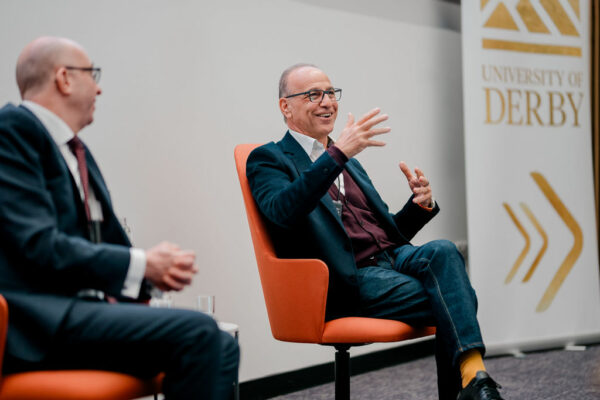Big Read | 31 October 2025
When it comes to social media we should all ‘be more Colin’
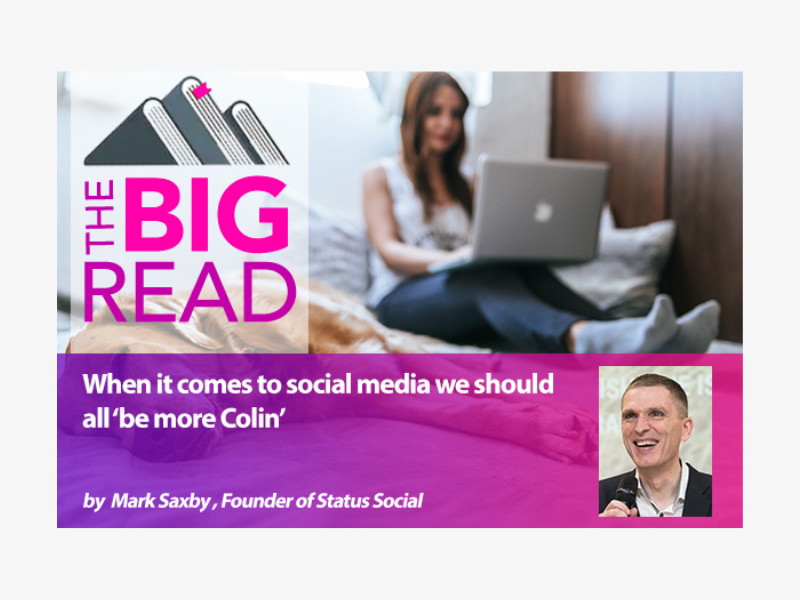
Fifteen years ago, one of the UK’s first specialist social media consultancies was launched in Derby. Since then, Status Social has helped businesses generate more than £20 million in sales. Yet despite social media being part of our lives for over two decades, founder Mark Saxby believes too many organisations are still failing to use it to achieve their business goals. Here, in his own words, he explains why.
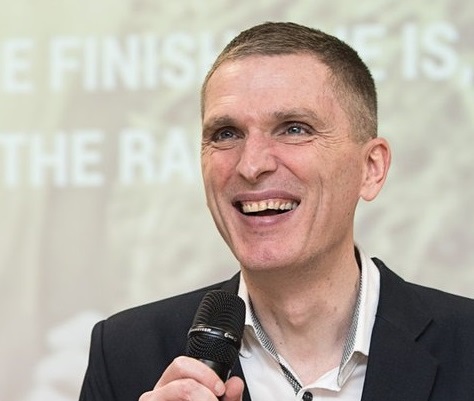
It’s nearly 2026 – and we’re still wasting our time on social media.
Every day, organisations put out millions of posts that achieve nothing. Not a jot.
How can that be? After all, LinkedIn launched in 2003, Facebook in 2004, Twitter in 2006, Instagram in 2010 and TikTok is nearly 10 years old.
Surely, we should have cracked it by now. Sadly not. Time, money and effort are poured into content that brings no results for the organisations behind it.
There are several reasons why. The first is a simple one – a lack of understanding about how to use social media strategically to achieve business goals.
I once met a Derby estate agent who’d come to our office with his younger colleague. The colleague was keen on social media; the agent wasn’t.
“You’re going to tell me I need to use social media to sell houses,” he said flatly.
“No,” I replied. “I want to know what your business objectives are – and then see whether social media can help.”
Selling houses wasn’t his problem. Rightmove and Zoopla did that already.
His challenge was convincing potential sellers to choose his agency – and that’s where social media could make a real difference.
We should always start with our objectives. What do we need? More leads? Better staff? Improved customer service? Volunteers? Footfall? Partnerships?
Social media can deliver on many goals – but only when you know what those goals are.
In 1923, mountaineer George Mallory was asked why he wanted to climb Everest. “Because it’s there,” he said.
When business leaders are asked why they’re on social media, many may as well give the same answer.
Another reason time is wasted is a lack of skill.
An accountant wouldn’t let their cleaner handle the books. A solicitor wouldn’t hand a case to their mum. So why do so many companies let untrained people run their social media?
Thirteen years ago, someone told me our training courses wouldn’t be needed for long.
“Everyone will know how to use social media soon,” he said. He was wrong.
Many still haven’t learned how to use it effectively – or they’ve fallen behind as the platforms evolve.
LinkedIn users often tell me their post reach has dropped because of algorithm changes.
“Not for me,” I reply.
My reach has risen year after year. Around 40 of my posts appear in people’s feeds each week – even though I only post twice.
That’s because I test, measure and understand the networks. My posts reach thousands and generate leads both in the UK and overseas.
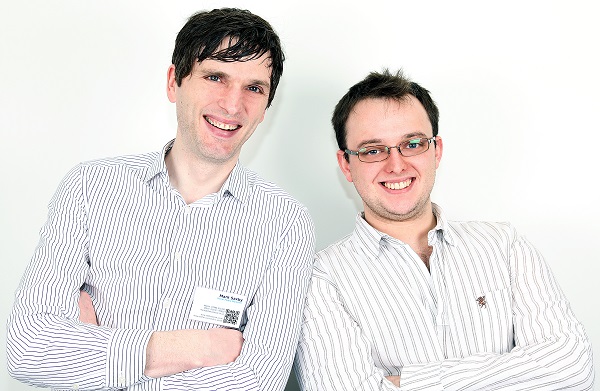
Before founding Status Social, I spent 20 years as a journalist, including 11 years at the BBC.
Those storytelling skills are invaluable online – and I pass them on to our clients.
The result? More than £20 million in sales influenced by social media.
Excellence matters. However good you are at your work, shoddy social media makes you look… well, shoddy. It damages your reputation, costs you customers and wastes your time.
Social media is a powerful business tool, but it’s also a colossal time zapper.
We’re distracted by WhatsApp messages, lost in YouTube videos, and discouraged by LinkedIn feeds full of seemingly more successful competitors.
Research shows we spend an average of two hours a day using our smartphones for personal activities during working hours – often on social media.
That’s 10 hours a week of lost productivity. 24 working days a year – someone’s entire holiday allowance.
Years ago, I had a colleague called Colin who couldn’t stop checking MSN Messenger.
I told him to close it if he wanted to leave work on time. He did – and it worked.

When I run social media workshops or deliver talks, I encourage everyone to ‘Be More Colin’.
The idea struck such a chord that my Be More Colin talk won the East Midlands Professional Speaker of the Year competition.
Even having your phone face down on your desk makes you 26% less effective, research shows. Put it in a drawer and you’re still only working at 90%.
With the number of times we check our phones each day, many of us are never fully focused at all.
Some employers have told me they’ve stopped taking on apprentices or younger staff because they can’t stay off their phones.
And it’s not just productivity that suffers – our mental health takes a hit too.
Picture this. You’re at work, and a WhatsApp message pops up in your family group.
Photos of your relatives enjoying the sun in Spain fill the screen. You wish you were there instead of where you are.
Your mood dips. Your focus goes. You’ve brought your personal life into work – and soon you’re taking your work life home.
The boundaries blur. You never truly relax. Over time, your mental wellbeing declines.
You could talk to colleagues about it – but they’re glued to TikTok or Facebook. Or sitting in their cars watching Netflix.
So, workplace loneliness grows. Engagement falls. Someone leaves – and the recruitment cycle begins again.
Don’t get me wrong – social media and smartphones can add real value to our lives.
Without my phone, I’d get lost more often, hear less great music and have no idea how long it takes me to cycle down Nottingham Road.
But life is meant to be lived in abundance – and abundance doesn’t mean being trapped behind a screen.
That’s why I encourage everyone to Be More Colin.
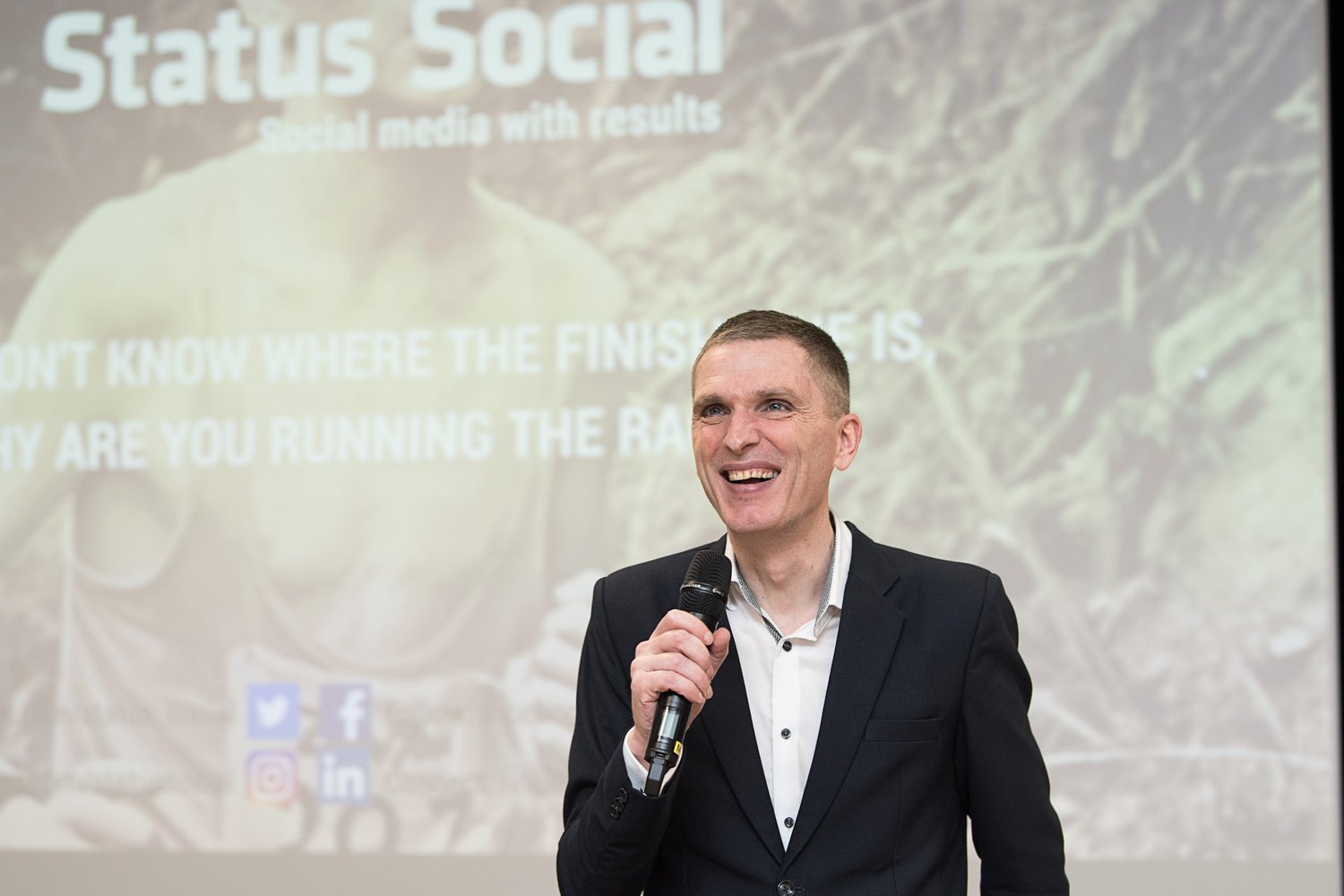
Because if we raise the quality of our social media, we can spend less time on it.
One outstanding post that resonates and keeps working for you is worth far more than dozens that disappear without impact.
And when you focus on the network where your audience actually is – instead of spreading yourself thinly across five platforms – you’ll save both time and energy.
Be excellent, not everywhere
Being social shouldn’t just mean posting online. It means being truly social – in real life as well as online.
Social media works best when it supports your relationships, not replaces them.
Use it to reinforce your reputation, showcase your expertise and create genuine opportunities. But don’t let it take over your life.

Because when you post with purpose, when you understand your audience, when you measure what works and stop what doesn’t, social media stops being a time drain and starts being a growth engine.
Social media should work for you, not against you. It should build connection, not distraction.
Used well, it can transform your visibility, reputation and sales. Used badly, it’s just noise.
So, start with your objectives. Learn the right skills. Be deliberate.
And above all – Be More Colin. Because life’s too short for shoddy social media and smartphones that rob us of joy.
For more information and to find out more about Status Social, click here.

